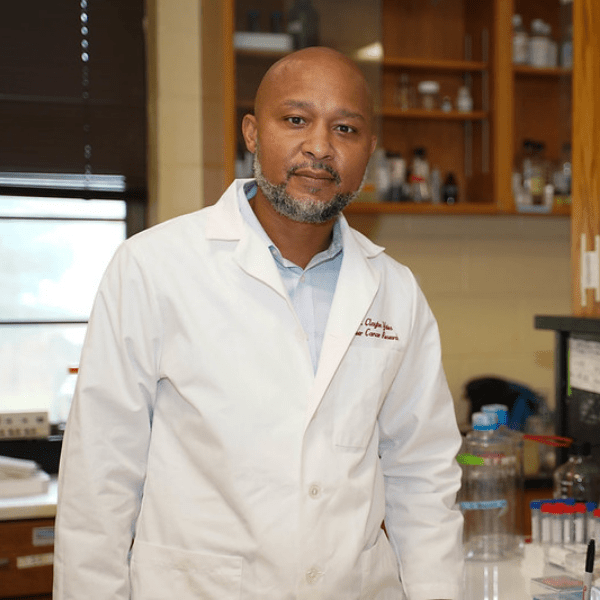The Importance of FIRST
The overall research theme of Health Disparities is an important area of research in the southeastern region of the U.S. and represents a broad area of significant and substantial research strength and opportunity for both UAB and TU. Racial/ethnic minorities in the U.S., especially African Americans, experience higher incidence rates of heart disease, stroke, diabetes, and cancer and have a higher mortality rate from these diseases than the rest of the population; this is particularly true in the Southeast, where a large percentage of African Americans reside. Chronic diseases are among the most prevalent, costly, and preventable health problems. Influenced by social and economic factors, too many people engage in behaviors – such as tobacco use, poor diet, physical inactivity, lack of participation in screening, and alcohol abuse – that lead to poor health and contribute to chronic disease.
Abundant evidence supports a significant difference in risk according to race and ethnicity. African Americans have a high prevalence of hypertension, diabetes, and obesity as well as other risk factors for stroke, while Hispanic Americans have a high prevalence of metabolic syndrome and diabetes compared to whites and African Americans. There is a great need for health disparities researchers, especially those of similarly diverse backgrounds, to address the disparities in minority populations. Focusing on health disparities not only allows us to diversify our research workforce on this important topic, but it will also aid in attracting qualified candidates to a region where health disparities research is much needed. This theme of Health Disparities is also a particular strength of our partner institutions, represented in the UAB Minority Health & Health Disparities Research Center (MHRC) and the UAB Center for Clinical and Translational Sciences (CCTS).
Systemic and Sustainable Culture Change
The importance of diversity and inclusion for organizational success and achieving excellence has been widely noted. Aside from the benefits to innovation and productivity, striving for a more diverse and representative workforce is critical in our pursuit of achieving health equity.
Nowhere, perhaps, is the above statement more applicable than in biomedical and related research, where issues of trust, respect, and mutual understanding continue to plague relationships among patients, study participants, healthcare providers, and researchers. We do this by recruiting and supporting a diverse group of early-career faculty who have demonstrated a strong commitment to promoting diversity and inclusion and have an interest in addressing health disparities to achieve health equity.


How do we do this?
The University of Alabama at Birmingham and Tuskegee University have partnered to recruit and support a diverse group of early-career faculty. We surround the Benjamin-Carver FIRST Scientists with a comprehensive support infrastructure including sponsors, mentors, career coaches, institutional research navigators, and professional development opportunities to help them mitigate the difficulties experienced by new hires and accelerate the development of collaborative networks and peer support.



